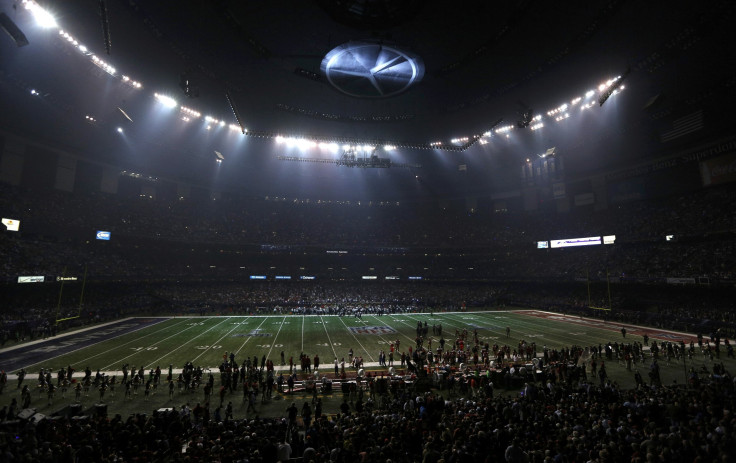Streaming Online Video Of Super Bowl 2013? The NFL Tried To Make Watching Free Illegal

More than 100 million Americans are expected to tune in on Super Bowl Sunday to watch the Baltimore Ravens and San Francisco 49ers compete for the NFL championship.
With media audiences increasingly fragmented, it’s logical to assume that a sizable number of viewers will be streaming the game online through either their personal computers or their video-game systems.
Streaming video of the game through a website of any kind almost wasn’t possible, though, because of the NFL’s support of the Stop Online Piracy Act, or SOPA, that was tabled indefinitely in the U.S. House of Representatives last year.
SOPA would have made it possible for the government to penalize streaming sites, and copyright enforcers would have been able to pursue sites such as Facebook, Vimeo, and YouTube for allowing users to post any allegedly protected content. Game highlights, player interviews, you name it, and the NFL would have been able to have it removed without much explanation.
Critics argued that SOPA -- and the Protect IP Act, or PIPA, SOPA’s counterpart in the Senate -- would have allowed entities such as ESPN and the NFL to control the conversation around events such as the Super Bowl.
Proponents of the SOPA/PIPA legislation argued it would be a job creator, but any advertiser that paid a $4 million fee to get its 30-second commercial spot on the air during the Super Bowl is probably thankful the streaming audience will be seeing the ads, just like anyone watching on TV.
MediaPost reported that Super Bowl advertisers will see a major uptick in brand interest not only on Sunday, but also during the week that follows. Those advertisers are expected to see an average 20 percent rise in Web traffic in the seven days after the big game, which isn't at all shabby.
Football fans aren’t the only ones who dodged the figurative SOPA/PIPA bullet, however, as Google Sites reported the lengthy list of the legislation's supporters includes the likes of Major League Baseball, the National Basketball Association, NHL Enterprises, L.P., as well as Electronic Arts Inc. (NASDAQ:EA), the NBCUniversal unit of the Comcast Corp. (NASDAQ:CMCSA), the Nintendo of America Inc. unit of Nintendo Co. Ltd. (TYO:7974), the Sony Corp. (NYSE:SNE), Viacom Inc. (NASDAQ:VIAB), the Walt Disney Co. (NYSE:DIS), and, of course, the CBS Corp. (NYSE:CBS), which will be showing the Super Bowl.
© Copyright IBTimes 2024. All rights reserved.





















